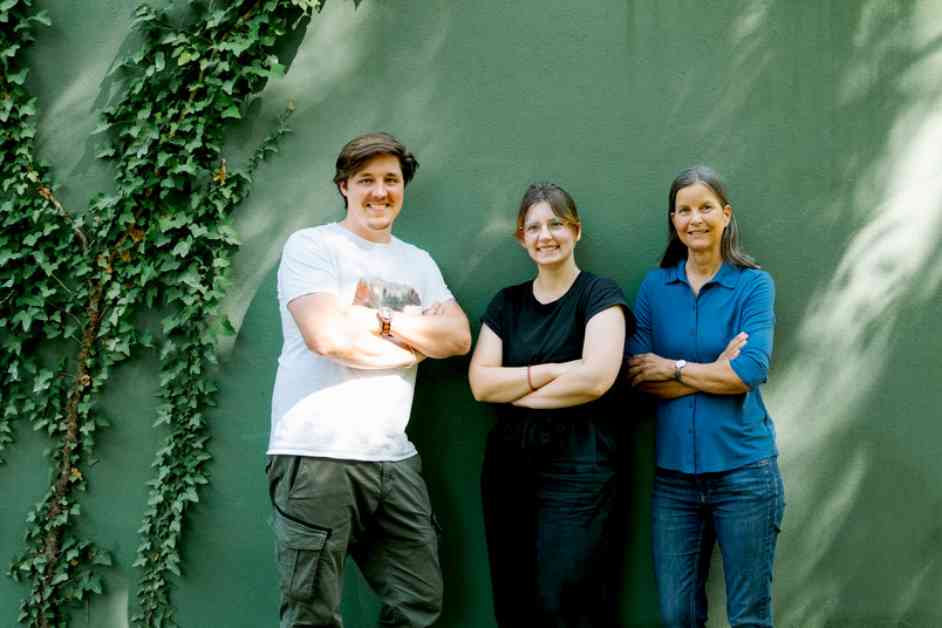Photosynthesis is a complex process that occurs in every green leaf, yet there are still many mysteries surrounding the details of this vital function. A recent study conducted by a research team at Ruhr University Bochum led by Professor Danja Schünemann has shed light on the construction of an essential protein, D1, involved in photosynthesis. The team, consisting of former PhD student Dominique Stolle and current PhD student Lena Osterhoff, developed a new in-vitro technique to analyze the assembly of D1.
The research focused on the biogenesis of protein complexes in chloroplasts, particularly the formation of the D1 protein, which is crucial for photosystem II. This protein is constantly damaged, especially in strong light, leading to a continuous repair cycle where it needs to be degraded and rebuilt. Understanding this intricate process is essential for unraveling the mysteries of photosynthesis.
To gain deeper insights into these mechanisms, the research team developed a novel in-vitro method that allowed them to purify ribosomes actively producing the D1 protein. This groundbreaking technique enabled the researchers to observe the ribosomes at work, providing valuable information on the assembly of D1. They identified around 140 proteins involved in this process, some of which were previously unknown.
One protein of particular interest was STIC2, which plays a vital role in the construction of the thylakoid membrane. The researchers discovered that STIC2 interacts with another protein, SRP54, in the formation and repair of D1. This interaction is critical for the correct incorporation of D1 and other central proteins of the photosystems into the membrane.
The collaboration between Danja Schünemann’s research group and other research teams from Ruhr University Bochum and the Max Planck Institute of Molecular Plant Physiology has led to significant advancements in understanding the complex processes within chloroplasts. By identifying key proteins and unraveling their functions, the researchers have contributed to the growing body of knowledge in the field of photosynthesis.
The study, published in the EMBO Journal, provides a comprehensive overview of the intricate processes involved in the biogenesis of protein complexes in chloroplasts. By delving into the details of how proteins like D1 are constructed and repaired, the researchers have taken a significant step towards unraveling the mysteries of photosynthesis. This groundbreaking research opens up new avenues for further exploration and understanding of the essential functions of chloroplasts in plants.

